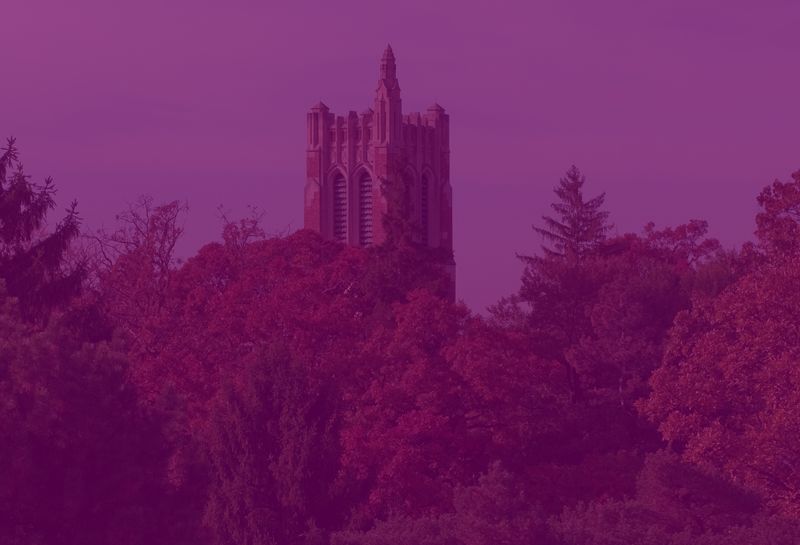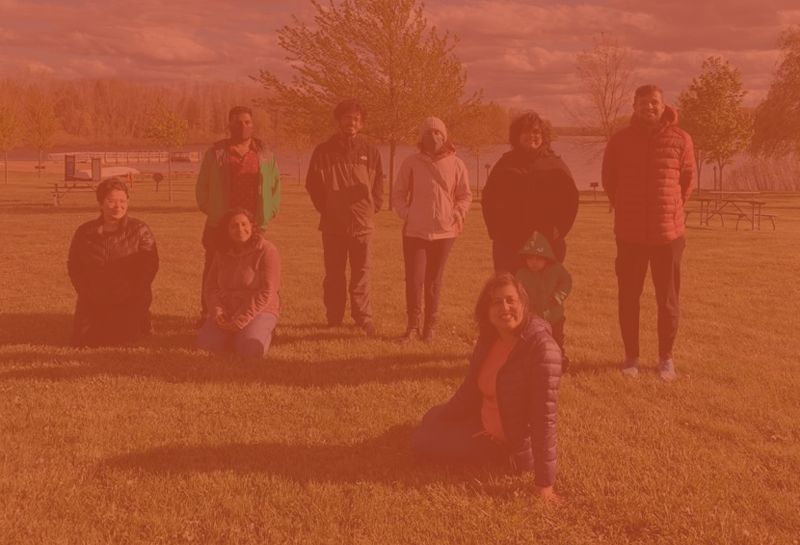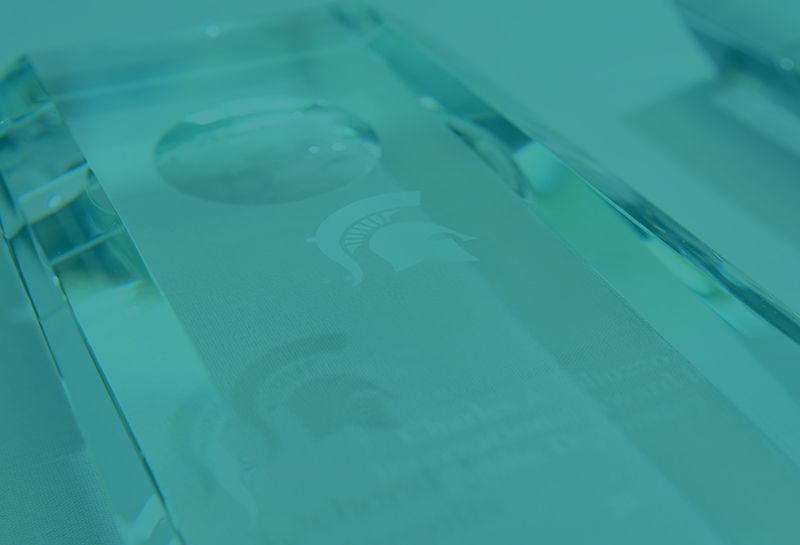Fulbright US Student Program: English Teaching Assistant Awards
Available in over 70 countries, the English Teaching Assistant (ETA) program places recent college graduates and graduate students in classrooms abroad to assist local English teachers. ETAs help teach English language courses for while serving as cultural ambassadors for the U.S. The age and academic level of classroom students varies by country, ranging from elementary to university. ETA awards are administered by the Institute of International Education (IIE) and funded by the US Department of State.

Competition opens: April 1, 2025
Mandatory intent to apply deadline: July 15, 2025
MSU deadline: September 1, 2025
National application deadline: October 7, 2025
Applicant Support
-
MSU's Fulbright Program Advisor is available to assist applicants with brainstorming, learning more about the programs, developing a competitive application, and making sure all application components are completed. The advisor also works with applicants to schedule required campus interviews in the fall. Applications are completed online by students and submitted to the advisor, who then approves them for submission to IIE.
Eligibility
- Applicant must be a US citizen or national at the time of application.
- Applicant must hold a Bachelor's degree or equivalent by the start of the grant.
- Applicant must NOT hold a doctorate by the application deadline.
- Applicant must demonstrate sufficient language proficiency to complete their project and adapt to living in the host country. Note that not all countries have a language requirement.
- More information about eligibility and disqualifying factors can be found on the eligibility page of the IIE website.
Benefits
- Tangible: Round trip international airfare, maintenance allowance based on living costs in the host country, supplemental health and accident coverage, tuition (in some cases), and language or orientation courses where appropriate.
- Intangible: Cultural immersion opportunities, life-changing experiences, strengthen teaching skills, great résumé builder, Fulbright alumni network of 400,000 Fulbrighters.
- More information about benefits can be found on the award benefits page of the IIE website.
Application/Competition Timeline
Download a detailed month-by-month suggested timeline for 2025 applications, including interim MSU deadlines.
- Begin by reading IIE's "Getting Started" page.
- January/February/March: research possible host countries on the IIE website; complete Fulbright Program Interest Survey;
- April: create an account with IIE to begin your application (selecting MSU as your institution links your application to the Fulbright Adviser), contact MSU Fulbright Advisor
- May-July: attend webinars via IIE and MSU; begin your essays; contact referees to ask for letters of support, request transcripts as needed, arrange language evaluation if applicable; continue to work on online application; meet interim MSU deadlines for various drafts
- August: finalize application; send reminders if needed for reference letters and language evaluation
- September 1: submit full application to MSU's Fulbright Advisor.
- September: attend required campus feedback session (may be held via Zoom) to receive feedback on application; refine application and essays; gather final materials for submission
- October: submit application to IIE before national deadline
- November-December: applications are reviewed by National Screening Committee
- January: Semifinalists notified that their applications are moving to the next step; applicants not selected to advance also notified
- February-March: Semifinalist applications are reviewed by host country Fulbright Commissions and other stakeholders. A video interview is sometimes conducted.
- March-May: Finalists are notified; alternates are also notified, as are applicants who were not selected.
- September: Most grants begin, corresponding to the host country's academic year.
- More information about the application timeline can be found on the competition timeline page of the IIE website.
ETA Application Components
- Extensive biographical data (e.g., name, contact information, birth date, details of your academic background, occupational experience, extracurricular activities, publications, and previous international experience)
- Written components, including an abstract, plans for host country engagement (plans for civic activity in your host community), statement of grant purpose (one page, what qualifies you to be an ETA?), and a personal statement (one page, who are you?)
- Transcripts (MSU and any previous degrees)
- Three letters of recommendation (submitted online by referees)
- Foreign language evaluation (for some countries)
- If you have advanced ability in a foreign language, you should first consider countries where that language is spoken, as your language skills will give you a competitive edge.
- If you do not have foreign language skills, you should first consider countries whose main language is not commonly taught in the US. To varying degrees, countries in this category expect grantees to develop a working knowledge of their language while there; some provide free language classes. You may be able to include language training in your proposal.
- More information about the various required materials can be found on the ETA application components page of the IIE website.
Campus Resources
- MSU offers numerous resources to support students through the application process. Learn more on the Campus Resources for Applicants page.
- Prospective ETA applicants without English teaching experience may wish to explore English Teaching Opportunities to strengthen their applications.
Learn More
- The IIE website is full of great information and many more details about the ETA program and the countries in which placements are available.
- Complete the MSU Fulbright Program Interest Survey to give the Program Advisor some background information.
- Make an appointment with MSU's Fulbright Program Advisor to talk about your ideas, questions, and plans.



